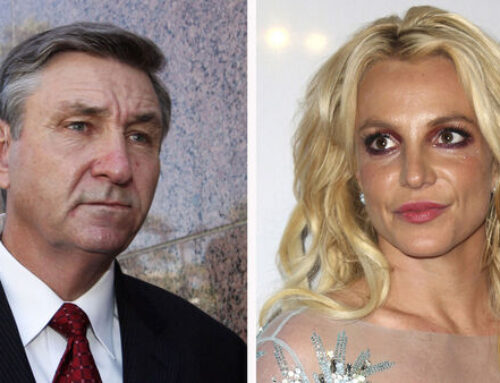
Stella Liebeck’s coffee case was, in fact, much more serious than the public gave her credit for. Other lawsuits follow this pattern—outlandish on the surface but with actual legitimacy once you get past the initial skepticism. Here are a few from recent history.
The Oreo Case
In May of 2003, Stephen L. Joseph filed a suit against Kraft Foods in an attempt to get Oreos banned in California. The reason? Oreos contain trans fats, which have been linked to obesity, diabetes, and heart disease. Joseph argued that Oreos target young children, who don’t know just how unhealthy the popular cookies are.
On the surface, the claim seems ridiculous—children don’t buy Oreos; their parents do. And responsible parents should know that store-bought, packaged, processed foods like Oreos aren’t exactly a healthy food option. But the complaint goes deeper than that.
Joseph didn’t necessarily want to get Oreos banned because they were unhealthy—he wanted to get them banned because of a provision of California law that states that companies are not responsible for producing unhealthy products as long as it’s widely known that the product is unhealthy (tobacco or cigarettes, for example). Joseph argued that the health concerns associated with trans fats are not widely known…and more, Kraft and Nabisco didn’t even have trans fats listed in the ingredients.
So basically, Joseph was questioning the food industry, and though he dropped the case once the media blew it out of proportion, his concern was valid, and the FDA has since cracked down on what companies are required to list on their ingredient labels.
Full story via 3 Ridiculous But (Mostly) Legitimate Personal Injury Lawsuits.






